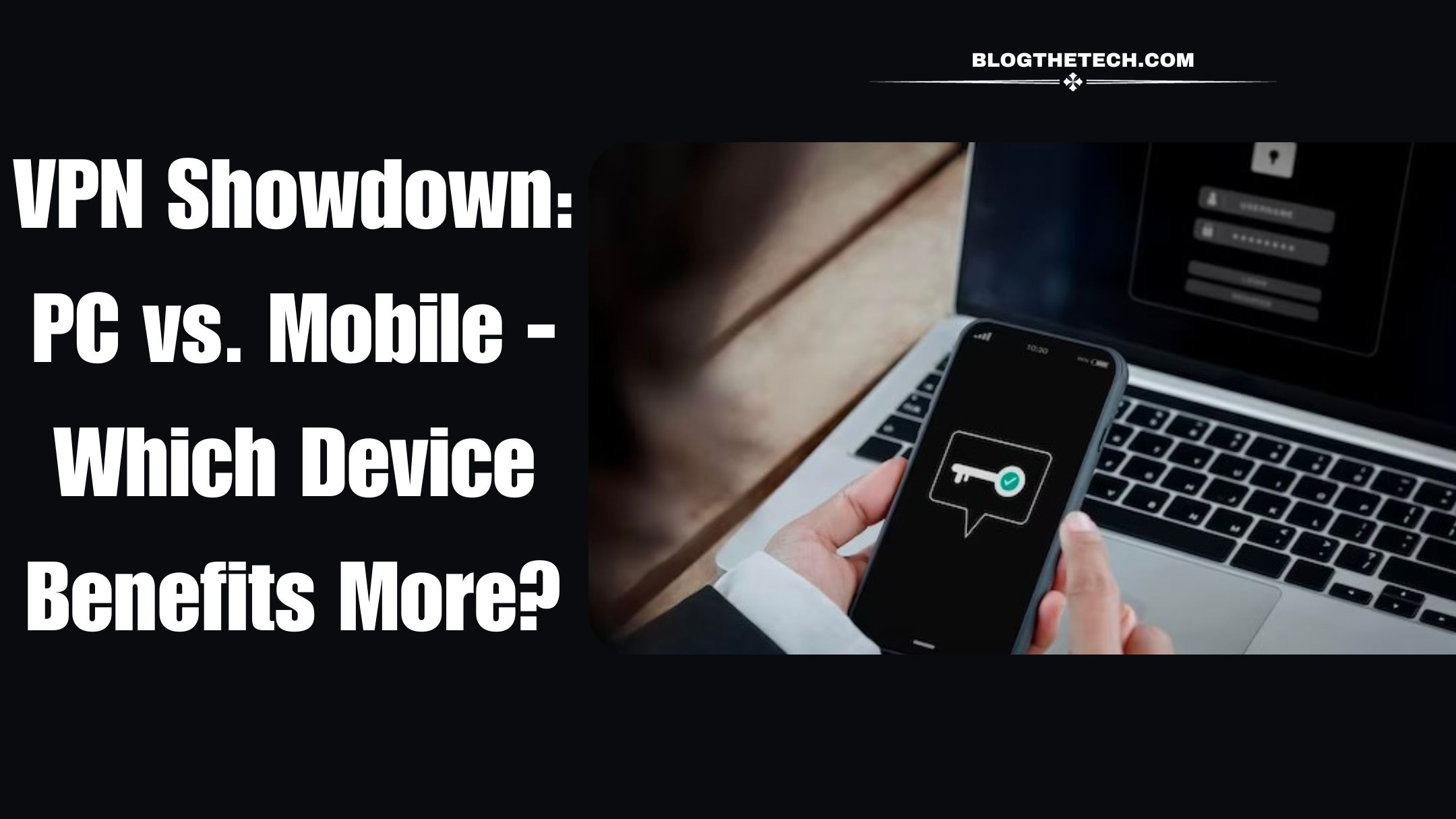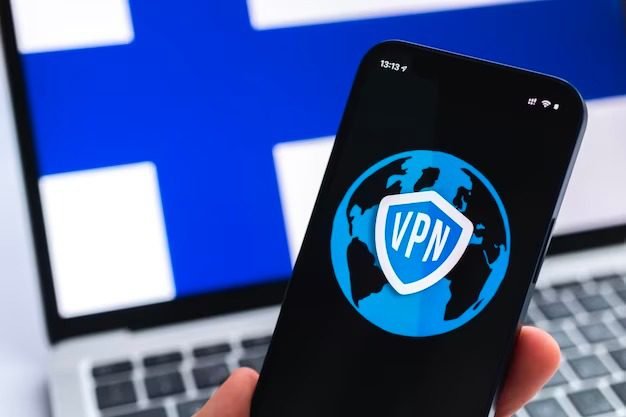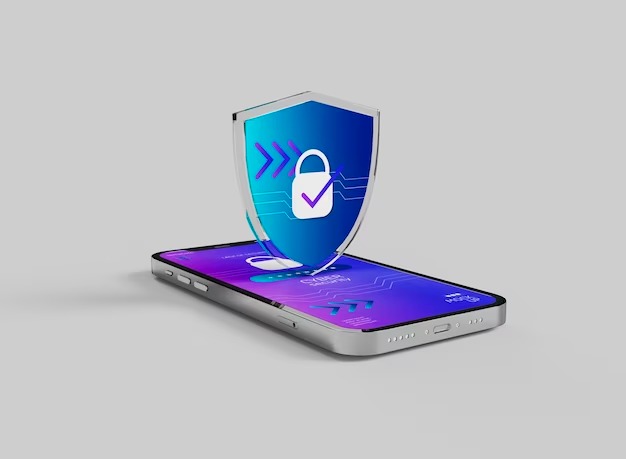
As our digital lives continue to evolve, Virtual Private Networks (VPNs) have become an essential tool for safeguarding our online activities. Whether we’re on a PC or a mobile device, VPNs offer a vital layer of security and privacy. However, when it comes to the VPN showdown between these two platforms, a more nuanced discussion is warranted. Let’s explore the recent advantages and limitations of VPNs on PCs and mobile devices.
PC Power in the VPN Showdown: Unleashing the Full Potential
PCs, with their robust hardware and computational prowess, have traditionally been the preferred choice for VPN users seeking optimal performance and security. Here’s why PCs have a notable edge in the VPN showdown:
1. Enhanced Security and Versatility
PCs offer unparalleled versatility when it comes to VPN usage. They provide access to a wide array of VPN options, including various client applications and protocols, making it a breeze to find the right VPN for PC users. This diversity allows users to tailor their VPN setup to specific security and performance requirements.
Additionally, PCs typically come equipped with robust security suites, including features such as firewall management, antivirus protection, and real-time threat monitoring. When combined with a VPN, this dual-layered security approach significantly enhances online defense, protecting users from an evolving range of threats.
2. High-Speed Connectivity
One critical aspect of VPN usage is speed, especially for activities like streaming or bandwidth-intensive tasks. PCs, boasting powerful processors and high-speed network adapters, are better equipped to handle the demands of VPN encryption and decryption without significant speed degradation.

3. Multiple Simultaneous Connections
Another distinct advantage for PCs is the ability to connect multiple devices simultaneously through a single VPN subscription. This feature is particularly valuable for users with multiple devices, as it allows them to secure not only their PCs but also smartphones, tablets, and even smart home devices using a single VPN account. In contrast, mobile VPN for Android or iQS apps frequently restrict usage to one device per account.
Mobile VPN applications often require additional payments for each device you wish to secure, making them a more costly option for users with a wide array of gadgets. On the other hand, PCs enable users to maximize the value of their VPN subscription, providing a cost-effective solution for safeguarding all their devices.
Mobile Marvels: VPN Benefits on the Go
While PCs undoubtedly offer a robust VPN experience, mobile devices have their unique advantages, which make them indispensable for specific scenarios. Here’s why mobile devices shine in the VPN showdown:
1. On-the-Go Privacy
Mobile devices, such as smartphones and tablets, are designed for portability and are almost always within arm’s reach. This inherent mobility makes mobile VPN apps ideal for users who require constant, on-the-go privacy and security. Whether you’re connected to public Wi-Fi at a café, airport, or hotel, a VPN on your mobile device ensures that your data remains encrypted and safe from prying eyes.

2. Streamlined User Experience
Mobile VPN apps are designed with simplicity and user-friendliness in mind. They often feature one-click connections and intuitive interfaces, making it easy for even the most novice users to secure their internet traffic. This streamlined user experience is particularly advantageous for those who prioritize convenience and ease of use.
Furthermore, mobile VPN apps tend to offer quick access to location-specific content. By connecting to servers in different regions, users can access region-locked content or bypass censorship, enhancing their online experience. This convenience factor gives mobile devices an edge in scenarios where users want to swiftly change their virtual location.
3. Battery Efficiency
Mobile devices operate on limited battery power, and VPNs can be resource-intensive. However, mobile VPN apps are optimized for energy efficiency. They often employ power-saving features, such as automatic disconnects when the device is idle or the ability to exclude certain apps from VPN traffic. These optimizations help preserve your device’s battery life while still providing robust security.
Conclusion: The Right Tool for the Job
In the VPN showdown between PCs and mobile devices, there’s no definitive winner, as both have their strengths and weaknesses. Your choice ultimately depends on your specific needs and preferences.
In today’s interconnected world, both PCs and mobile devices benefit significantly from VPNs, and recent data confirms their continued importance. It’s not a matter of one being superior to the other but rather about selecting the right tool for the job. Whether you’re browsing on your laptop, streaming on your smartphone, or protecting your online activities, remember that a VPN service plays a pivotal role in enhancing your online experience and safeguarding your digital life.
